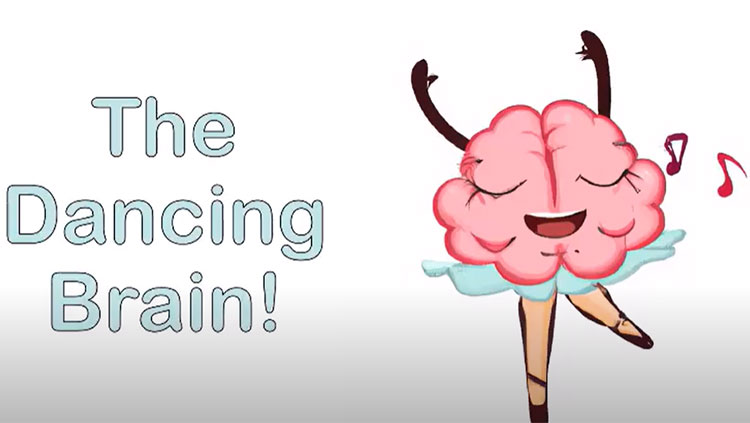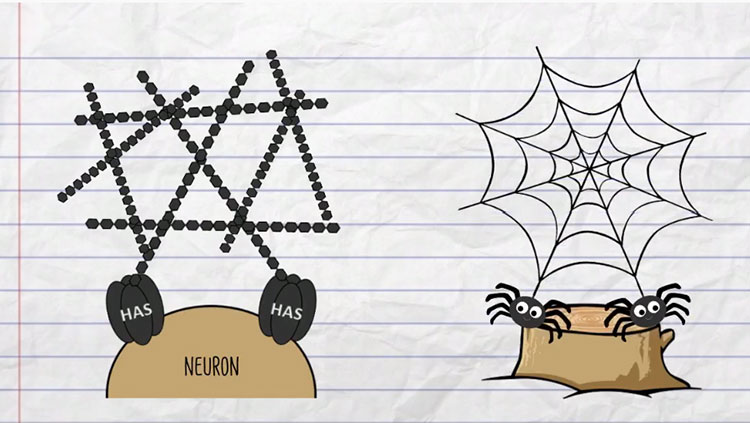Sex Differences in the Brain
- Published6 Oct 2021
- Source BrainFacts/SfN
Do different genders possess wholly different brains? The answer isn’t so simple. Genes, hormones, and gender identity can all play a role, but many studies of sex differences in the brain fail to account for these factors.
This is a video from the 2021 Brain Awareness Video Contest.
Created by Sam Schofield.
CONTENT PROVIDED BY
BrainFacts/SfN
Transcript
Sex differences in the brain.
Let’s begin with sex differences are not binary. Hormones have been found to correlate with differences in performance on simple mental tasks. In one study, which used a sample of cisgender men and cisgender women, participants were shown two 3D objects side by side, from different perspectives, and asked to decide if they matched — the idea being that participants have to “mentally rotate” the objects in order to make this decision. What they found was varying brain activity which related to hormone levels. In female participants, brain activation correlated with levels of estrogen as well as levels of testosterone but only during the early follicular stage of their menstrual cycle. On the other hand, in male participants, brain activation only correlated with levels of testosterone.
This is an example of a sex-based difference that is not cleanly binary — one sex is not simply better or worse than the other. There is a dynamic range of ways that males and females differ even when we only focus on this simple task. Furthermore, hormones are not the only explanation for sex differences in the brain. There is research that also suggests genetics may be more important than hormones and that these differences are less cleanly sex specific, i.e., they aren’t tied to presence of X’s and/or Y’s.
Sex differences are multi-layered. Quite simply, humans have countless biological differences which define our ideas of human sex categories — for example, presence or absence of organs, the size of the brain, structure of the brain. At a cellular level, there are differences between the male and female sex, even all the way down to a fundamental chemical level. Women have been shown to produce different chemicals in the brain than men, as well as producing different amounts of common brain chemicals than men.
Sex differences are explained disregarding other influential factors. In general conversation, we often conflate ideas about sex and gender-based differences. When we include brain differences seen in trans people, being that they are unique to trans people, it becomes clear that the effect of hormones is one — again — not a binary effect, but also it’s not as simple as more testosterone means a bigger brain. So, the research suggests that an interaction between sex and gender is perhaps a better general explanation for what we colloquially label as “sex differences in the brain.” But, it’s important to understand that scientific study thus far has only really attributed differences according to sex and not gender, and so ideas put forward by this research should not be generalized into discussion or explanation for why, psychologically, men and women differ.
Sex differences are more a debate about the words ‘sex’ and ‘sex differences.’ In a similar way, people might presume differences in trans people are the same as those found in cis people. But, where cisgender research has described these differences mostly as genetic and hormonal, transgender focused research instead describes these differences in terms of both gender and biology. In other words, people mean different things when they say “sex differences.” Some may strictly include biological factors, whereas others might also include psychological concepts like gender.
On a final note, a lot of influential research in this area has been criticized for playing a role in the oppression of women. I think it’s important to keep that in mind and to be cautious not to draw conclusions about individuals from this research topic.

















